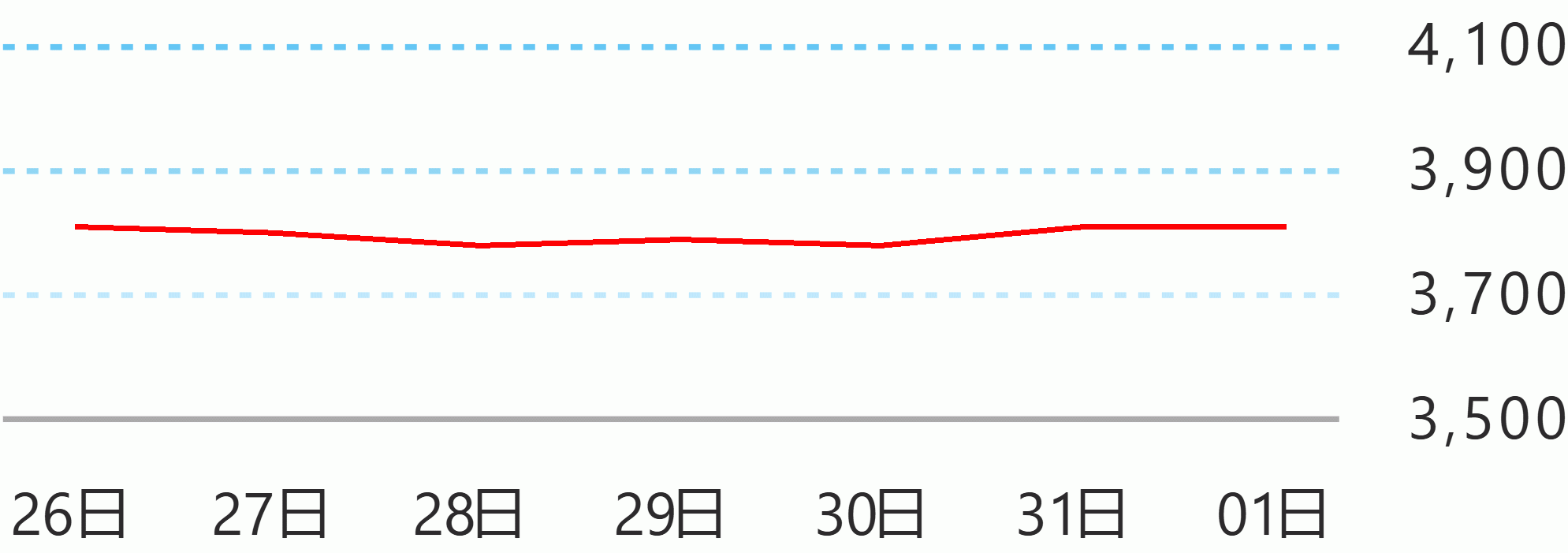The National Water Resources Board (NWRB) will further reduce allocation for the Metropolitan Waterworks and Sewerage System (MWSS) to 36 cubic meters per second from 40 cubic meters per second after Angat Dam breached critical water level.
"From (Saturday) until the end of June, the water allocation will be reduced to 36 cubic meters per second," NWRB head of water resources information section Heleena Claire Espina told The Daily Manila Shimbun in a phone interview.
In a TV interview NWRB Executive Director Sevillo David Jr said this is needed to ' further preserve the limited supply we have now in Angat Dam.''
''We have to further reduce allocation of the water supply for Metro Manila from the current allocation of 40 cubic meters per second to 36 cubic meters per second effective tomorrow," David told ANC.
The Angat Dam, which supplies raw water for concessionaires, breached the low-level mark of 160 meters on Thursday. According to NWRB, this is considered as the critical water level for domestic supply.
As of Friday morning, the Philippine Atmospheric, Geophysical and Astronomical Services Administration (Pagasa) reported that Angat Dam's water level has reached 160.28 meters, 19.72 meters off from its minimum operating water level of 180 meters.
From standard 46 cubic meters, water allocation for concessionaires was cut on Tuesday to 40 cubic meters per second.
"(I)t is assured that at least 36 (cubic meters per second) will be allocated to MWSS until the dam further declines to 150 meters assuming that there is no significant inflow," NWRB said in a statement on Tuesday.
Espina said this is not the first time NWRB reduced water allocation during the official onset of rainy season.
In 2010, Espina said, NWRB the concessionaires' water supply to as low as 32 cubic meters per second.
However, she said this time water allocation might not get slashed lower than 36 cubic meters per second.
"For now that is not yet (considered)... it will be only at 36 (cubic meters per second," she explained. Cristina Eloisa Baclig/DMS





 English
English










